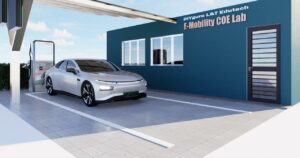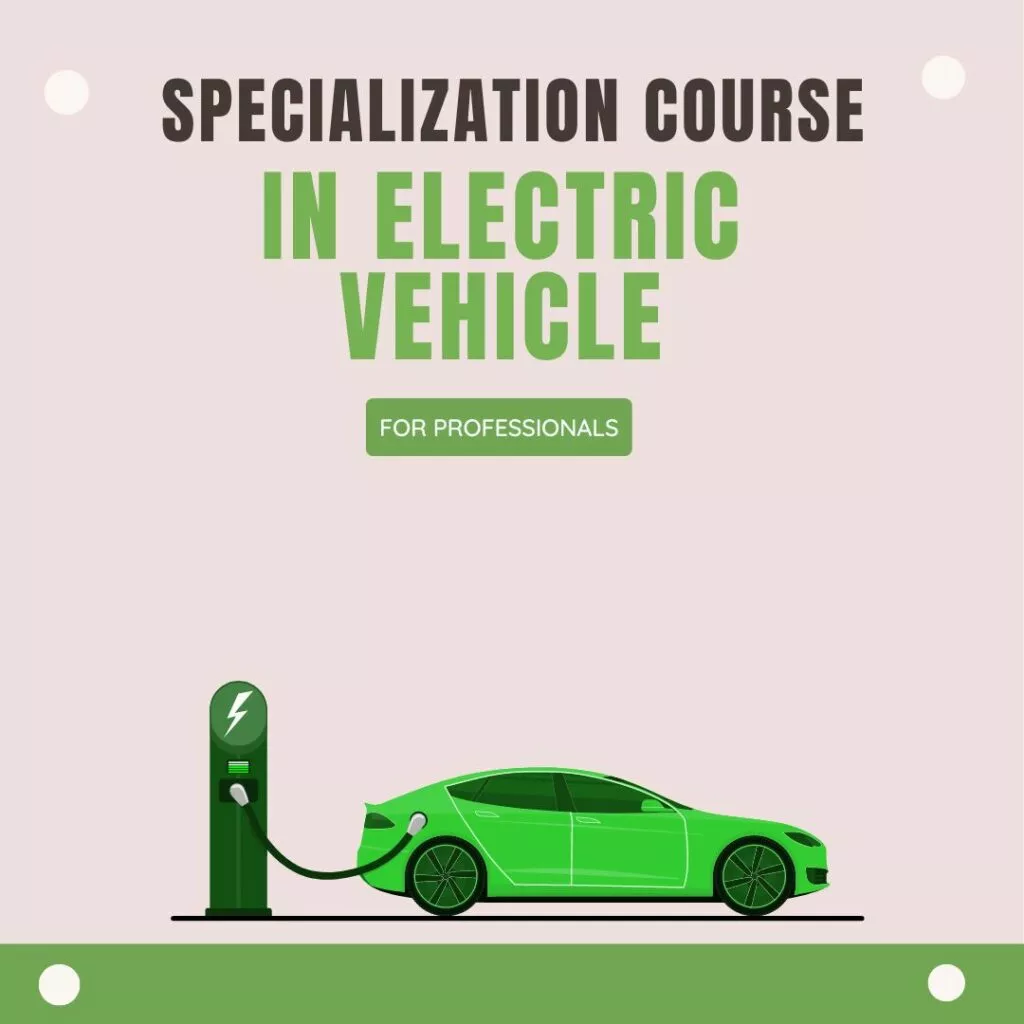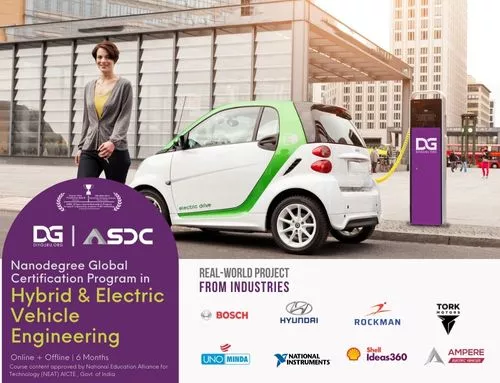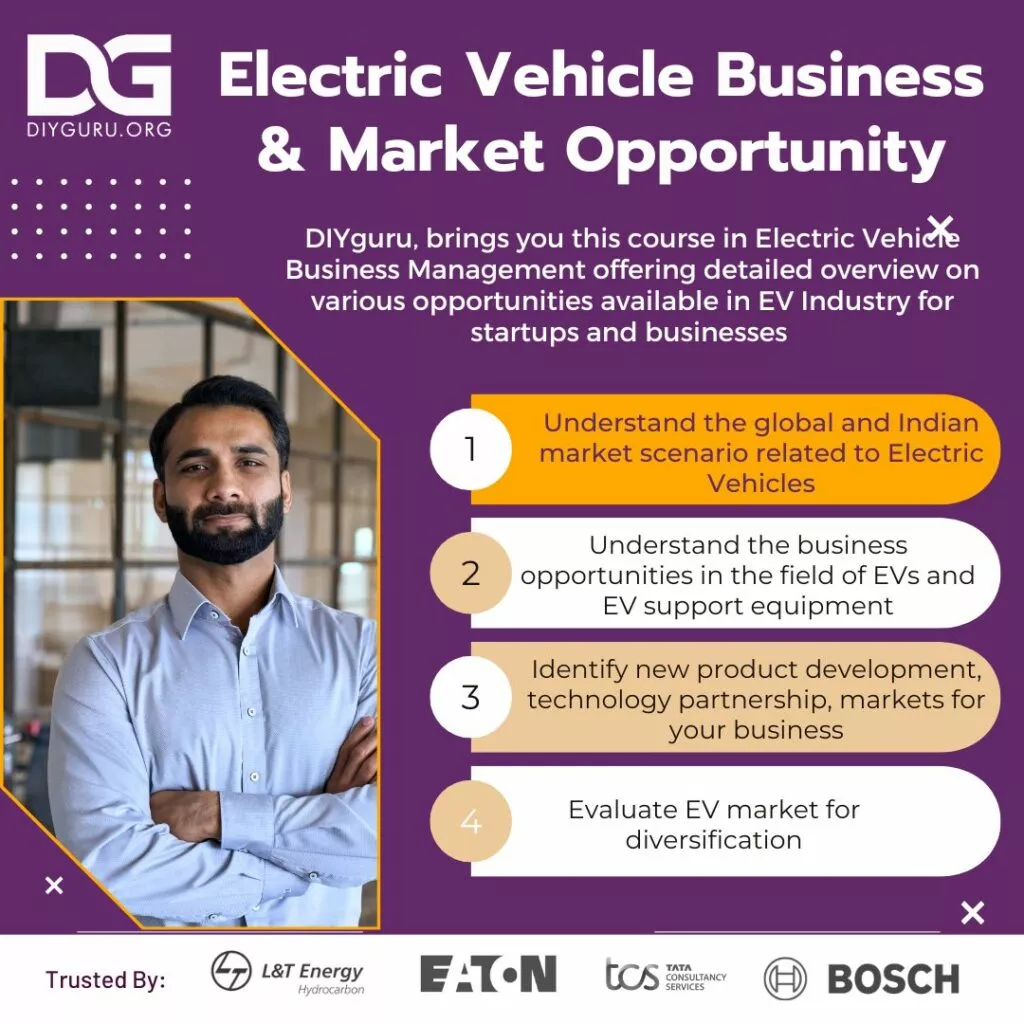Introduction
Electric vehicles (EVs) are becoming increasingly popular in India. With the government’s push for electric mobility and the rise in environmental concerns, more and more people are opting for EVs. India is home to several EV manufacturers, each with its own unique offerings. In this blog post, we will take a look at the top 10 EV manufacturers in India.

Tata Motors:
Tata Motors is one of the largest automobile manufacturers in India and has been a pioneer in electric vehicles. The company’s EV lineup includes the Nexon EV and the Tigor EV. The Nexon EV is a popular SUV that offers a range of up to 312 km on a single charge. The Tigor EV is a compact sedan that offers a range of up to 213 km on a single charge.
Mahindra Electric
Mahindra Electric is a subsidiary of Mahindra & Mahindra, one of India’s largest automobile manufacturers. The company’s EV lineup includes the eKUV100, the eVerito, and the e2oPlus. The eKUV100 is an all-electric SUV that offers a range of up to 147 km on a single charge. The eVerito is a sedan that offers a range of up to 181 km on a single charge. The e2oPlus is a compact hatchback that offers a range of up to 140 km on a single charge.
MG Motor India
MG Motor India is a British automotive company that has a strong presence in India. The company’s EV lineup includes the MG ZS EV, a compact SUV that offers a range of up to 419 km on a single charge. The MG ZS EV is one of the most popular EVs in India, thanks to its impressive range and features.
Hero Electric
Hero Electric is one of the largest electric two-wheeler manufacturers in India. The company’s EV lineup includes a range of electric scooters, including the Photon, the Optima, and the Flash. The Photon is a high-performance electric scooter that offers a range of up to 110 km on a single charge.
Ather Energy
Ather Energy is a Bengaluru-based startup that has quickly become one of the most popular EV manufacturers in India. The company’s EV lineup includes the Ather 450X and the Ather 450 Plus. The Ather 450X is a high-performance electric scooter that offers a range of up to 116 km on a single charge.
Okinawa Autotech
Okinawa Autotech is a leading electric two-wheeler manufacturer in India. The company’s EV lineup includes a range of electric scooters, including the PraisePro, the iPraise+, and the Ridge+. The PraisePro is a high-performance electric scooter that offers a range of up to 110 km on a single charge.
Revolt Motors
Revolt Motors is a Gurugram-based startup that has been making waves in the Indian EV market. The company’s EV lineup includes the RV400 and the RV300. The RV400 is a high-performance electric bike that offers a range of up to 150 km on a single charge.
Lohia Auto Industries
Lohia Auto Industries is a leading electric two-wheeler manufacturer in India. The company’s EV lineup includes a range of electric scooters, including the GenZe, the Fame, and the Oma Star. The GenZe is a high-performance electric scooter that offers a range of up to 70 km on a single charge.
Ampere Electric
Ampere Electric is a Chennai-based electric two-wheeler manufacturer that has been making waves in the Indian EV market. The company’s EV lineup includes a range of electric scooters, including the Reo, the Zeal, and the Magnus. The Reo is a high-performance electric scooter that offers a range of up to 55 km on a single charge.
Jitendra New EV Tech
Jitendra New EV Tech is a new entrant in the Indian EV market. The company’s EV lineup includes the Jitendra EV X1, a compact electric car that offers a range of up to 120 km on a single charge. The Jitendra EV X1 is one of the most affordable electric cars in India.
Conclusion:
India is home to several EV manufacturers, each with its own unique offerings. From electric cars to electric scooters, there is an EV for every need and budget. Tata Motors, Mahindra Electric, MG Motor India, Hero Electric, Ather Energy, Okinawa Autotech, Revolt Motors, Lohia Auto Industries, Ampere Electric, and Jitendra New EV Tech are some of the top EV manufacturers in India. As the Indian government continues to push for electric mobility, we can expect to see more and more EVs on Indian roads in the coming years.

What is an EV?
An EV, or electric vehicle, is a vehicle that runs on electricity instead of fossil fuels like petrol or diesel.
Why are EVs becoming popular in India?
EVs are becoming popular in India due to the government’s push for electric mobility and the rising environmental concerns.
Which is the most popular EV in India?
The MG ZS EV is currently one of the most popular EVs in India due to its impressive range and features.
What is the range of Tata Nexon EV?
The Tata Nexon EV offers a range of up to 312 km on a single charge.
Which is the most affordable electric car in India?
The Jitendra EV X1 is one of the most affordable electric cars in India.
Which is the best electric scooter in India?
The Ather 450X and the Okinawa PraisePro are currently some of the best electric scooters in India.
How long does it take to charge an EV?
The charging time for an EV depends on the battery capacity and the type of charger being used. Most EVs can be fully charged in 6-8 hours using a standard AC charger and in 30-45 minutes using a DC fast charger.
Are there enough charging stations for EVs in India?
The number of charging stations for EVs in India is increasing rapidly, and there are currently over 1,800 charging stations across the country.
What is the cost of an EV in India?
The cost of an EV in India varies depending on the type of vehicle and the brand. Electric two-wheelers can be purchased for as low as Rs. 40,000, while electric cars can range from Rs. 5 lakhs to Rs. 50 lakhs.
Are EVs more expensive than petrol/diesel vehicles?
EVs are generally more expensive than petrol/diesel vehicles due to the cost of the battery and other components. However, the running cost of EVs is much lower than that of petrol/diesel vehicles, making them more cost-effective in the long run.
What is the warranty period for EV batteries?
The warranty period for EV batteries varies depending on the manufacturer and the model of the vehicle. In India, the warranty period for EV batteries typically ranges from 3 to 8 years. Some manufacturers may offer extended warranties for an additional cost. It’s important to check the warranty details carefully before purchasing an EV, as the battery is one of the most expensive components of the vehicle.























